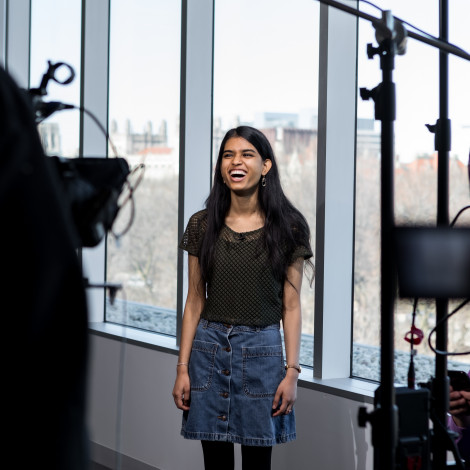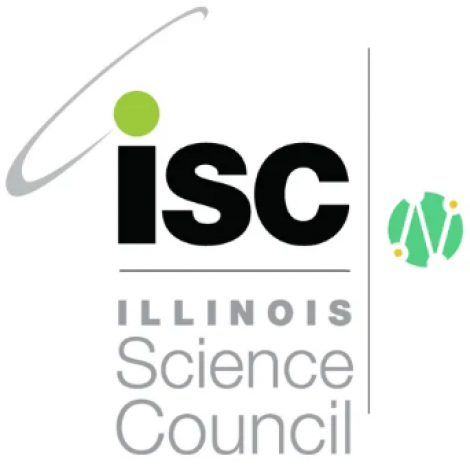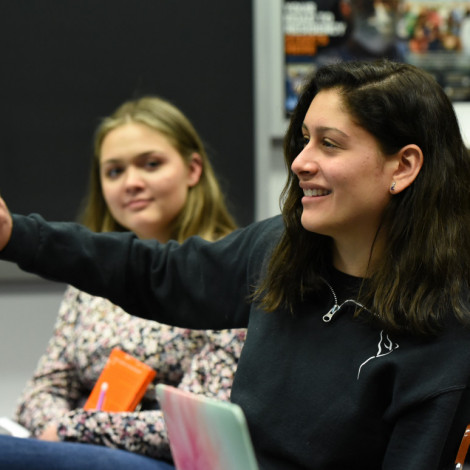Do you want your science to make an impact on the world? This new science communications course series is here to help.
Communicating the importance, excitement, and rigor of science to the general public is a critical skill that can help you shape public policy, create an informed voting population, and secure funding for more research.
In these three courses you will learn and practice evidence-based communications strategies through assignments and interactive skill-building sessions.
Learn how to write and publish a digital story, create and deliver a TED Talk-style video, and design and launch an exhibit in the Chicagoland area. All sharing science. All giving you both the theory and practice so that you have new skills and polished concrete materials to accelerate your science and career. You can take one course, multiple, or join us for all three! Either the written course or video course (but not both) can be applied towards a major in the biological sciences.
This course series is taught by Professor Peggy Mason and Sara Serritella. Explore more below!


